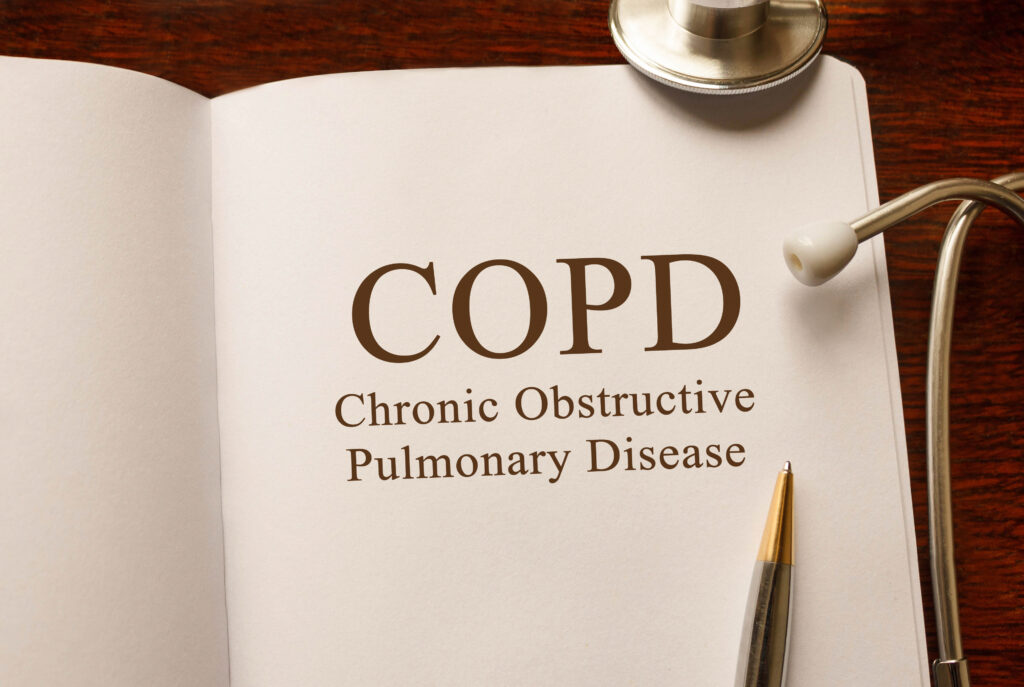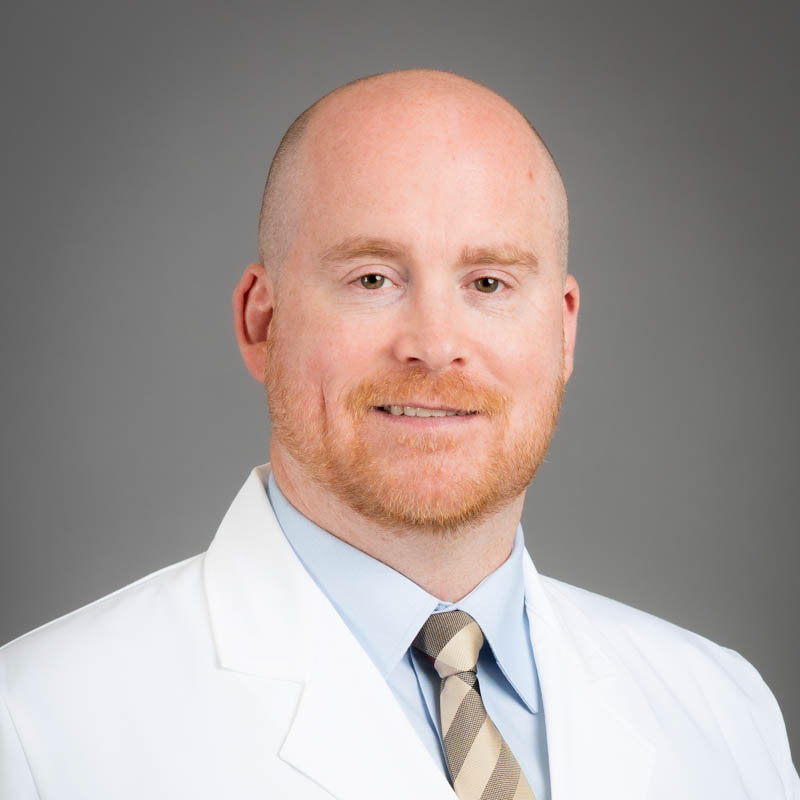Chronic Obstructive Pulmonary Disease is the fourth leading cause of death in the United States. According to the National Heart Lung and Blood Institute, about 16 million people in the U.S. have been diagnosed with COPD and many more millions likely have it and don’t know it.

What is COPD?
This debilitating lung condition causes airflow blockage and breathing-related problems that can severely limit a person’s day-to-day activities. Smoking is the cause of many cases of COPD. But one in six people with COPD has never smoked.
COPD is a general term used for conditions marked by permanent inflammation of the bronchi, the tubes that bring air into the lungs. COPD also includes damage to the air sacks of the lungs. This can make it hard to breathe. This group of lifelong ailments includes emphysema, chronic bronchitis and severe asthma that doesn’t respond to treatment or refractory asthma.
Causes of COPD
Smoking, asthma, or air pollution account for many COPD cases, but up to 30% of cases occur in people who never smoked, and only a minority of heavy smokers develop the disease. Around 70% of those who didn’t smoke but had COPD were women. Smoking accounts for as many as 8 out of 10 COPD-related deaths and 38% of U.S. adults diagnosed with COPD report current smoking.

“Most cases of COPD are related to smoking or inhaling secondhand smoke. In response to the smoke, the lungs produce mucus, which eventually becomes so thick that it hampers breathing. In patients with COPD, smoking scars lung tissue and makes it easier for infections to settle in,” said Jonathan Davis, MD, a pulmonologist with West Tennessee Medical Group. “Over time, smoking also damages the air sacs in the lungs. The air sacs normally expand and contract like balloons, moving air in and out of the lungs. But with COPD, they lose their elasticity and can’t work properly, making it hard to breathe.
However, you can get COPD without smoking. Research suggests that there are other risk factors at play. Being exposed to secondhand smoke as an adult can lead to COPD as well as long-term exposure to pollution. Smoking and secondhand smoke exposure during childhood and teenage years can slow lung growth and development. You can also develop COPD from inhaling dust or the fumes of fuel burned for cooking or heating purposes. COPD can also be caused by chemicals or fumes found in the workplace.
Age is also a factor as most people who have COPD are over 40 years old.
Is it Genetic?
COPD has a strong genetic component. As many as five percent of people with COPD have a genetic condition known as alpha-1 antitrypsin deficiency. Having too little of it can cause your lungs to deteriorate, leading to COPD. This gene abnormality can cause lung damage and emphysema, even without smoking or breathing irritants. If alpha-1 is causing lung disease, it is called genetic COPD. If COPD runs in your family, consider genetic testing for the alpha-1 antitrypsin anomaly.
“Approximately 100,000 people in the U.S. have alpha-1, although many people can have this genetic component and not develop a lung condition,” said Dr. Davis. “But besides the alpha-1 gene, there may be more than 100 genetic differences that can make you more susceptible to COPD. The more of these gene variations you have, the higher your risk.”
Risk Factors
Additional factors that increase your risk for COPD include stressors to young, developing lungs. These factors include maternal smoking during pregnancy, low birth weight, tobacco exposure in childhood, and childhood respiratory infections. People who had severe respiratory infections as children may also have a higher risk of COPD. About half of older adults with COPD appeared to have low lung function early in life. These conditions might also help identify people at risk for COPD.
Research shows that people with a history of Tuberculosis (TB) are three times as likely to develop COPD. A family history of obstructive lung disease can also increase the risk.
COPD is often first diagnosed when people raise concerns with their doctor because shortness of breath has become a problem. However, the symptoms of COPD usually don’t appear until there is already significant lung damage. Because the disease can be less severe in non-smokers, this can lead to them being diagnosed with COPD at a later age.
West Tennessee Medical Group Pulmonology has the experts to diagnose and treat COPD. If you suspect you may have COPD, make an appointment today. Our Pulmonology clinic is located at 587 Skyline Drive in Jackson. Office hours are Mon.-Thurs. 8am to 5pm and Fri. 8am-12pm. For appointments, call (731) 422-7900. Or Click Here.
